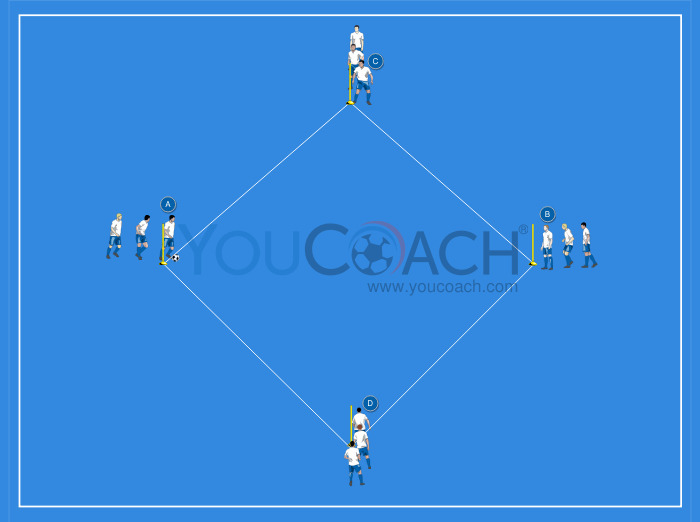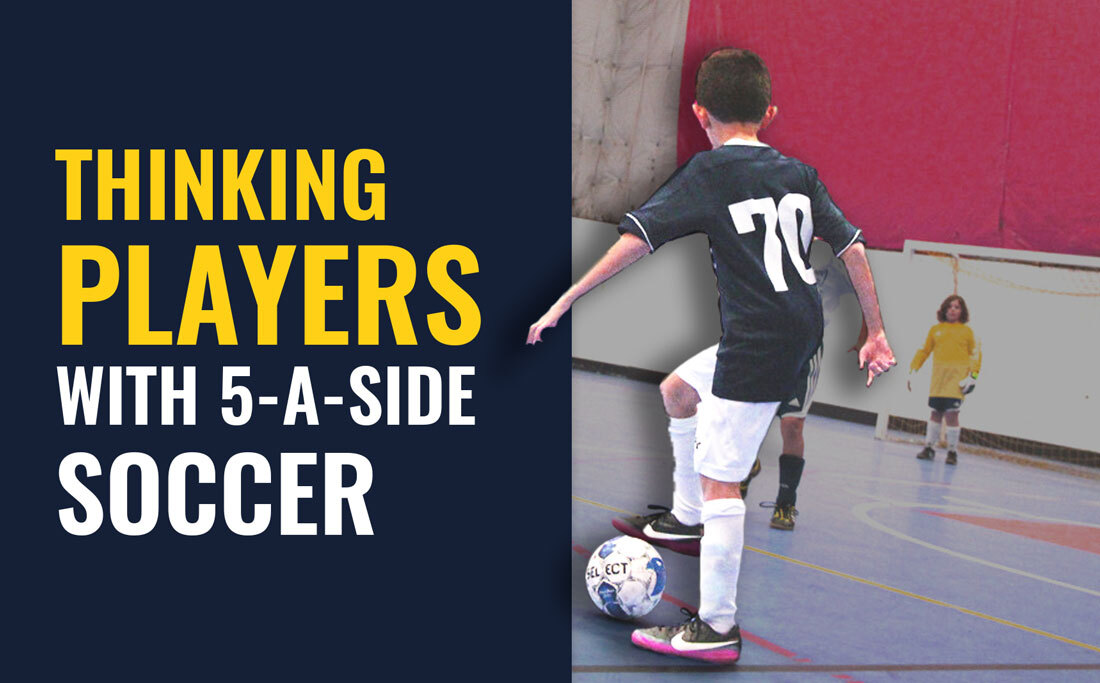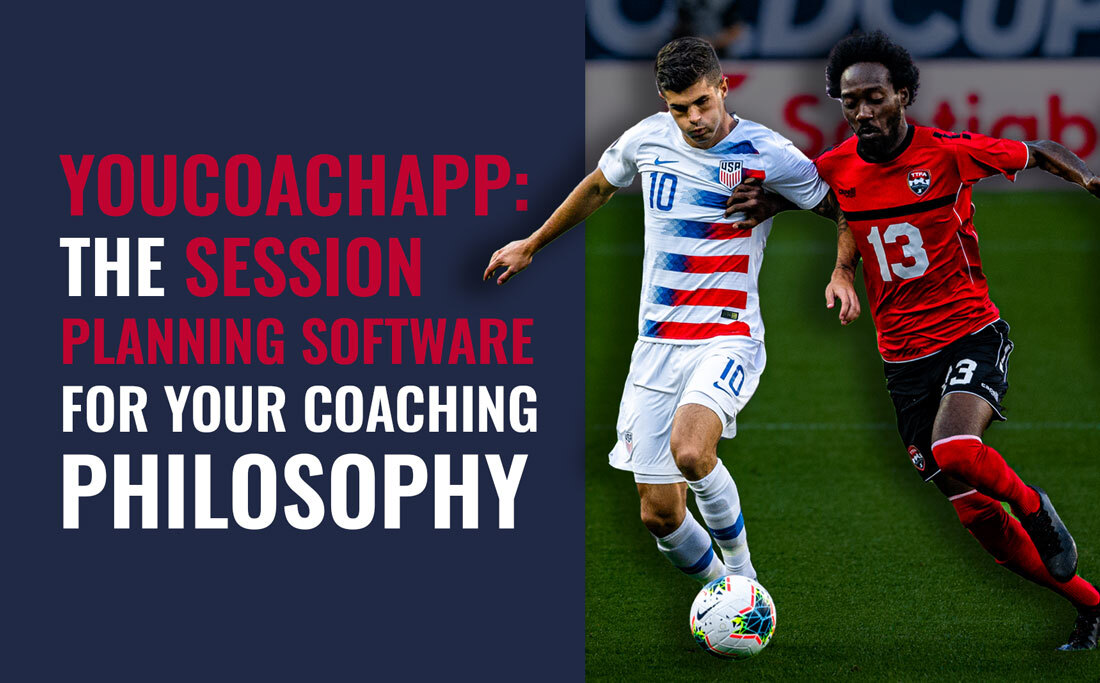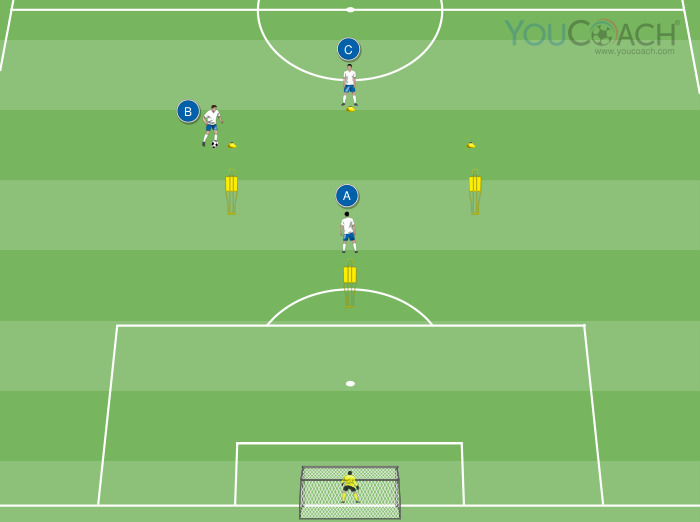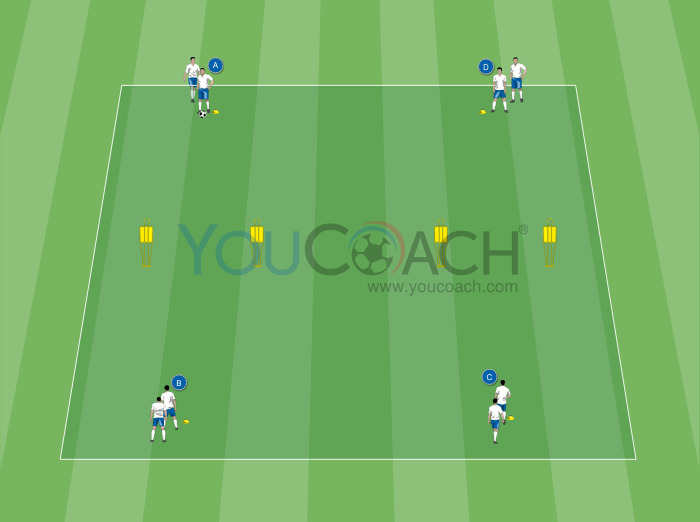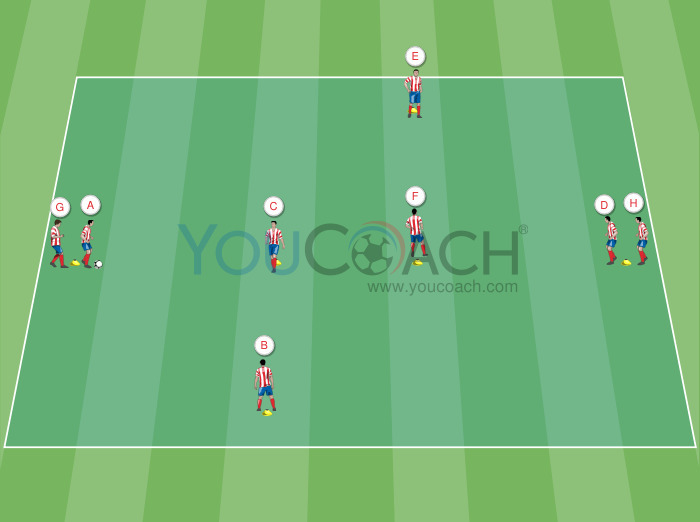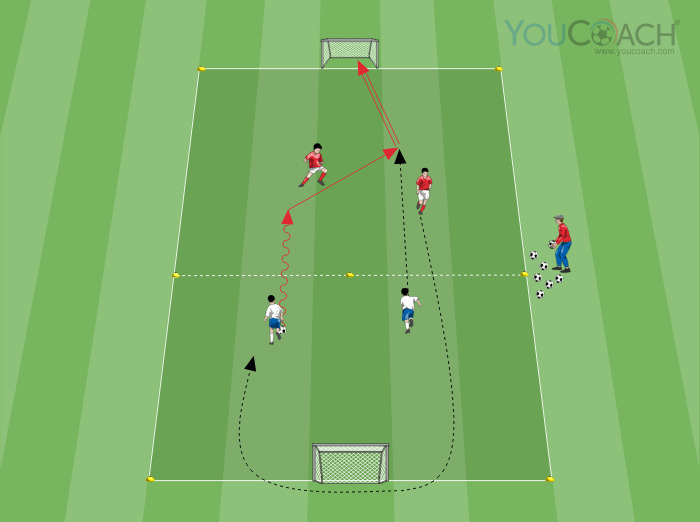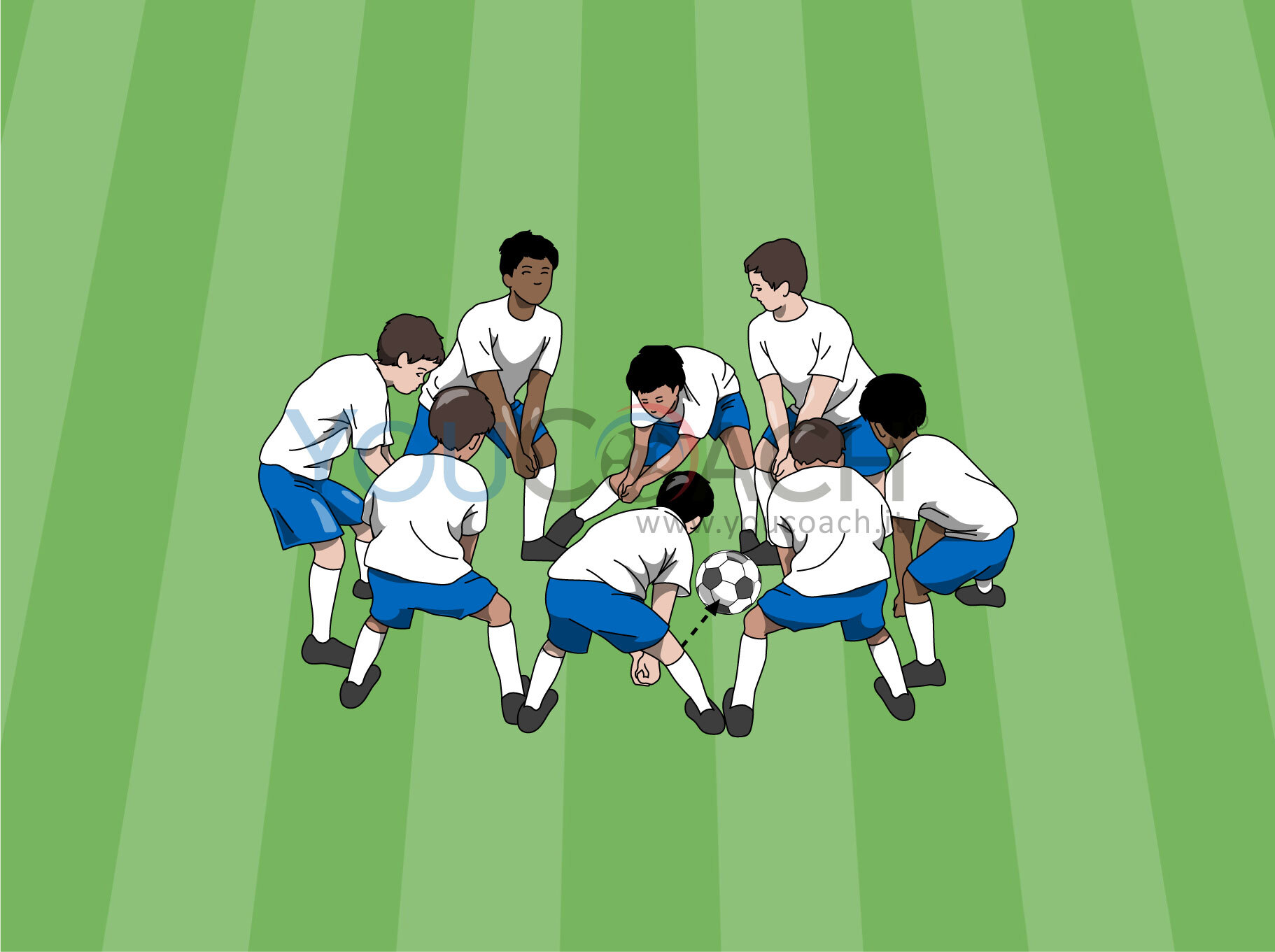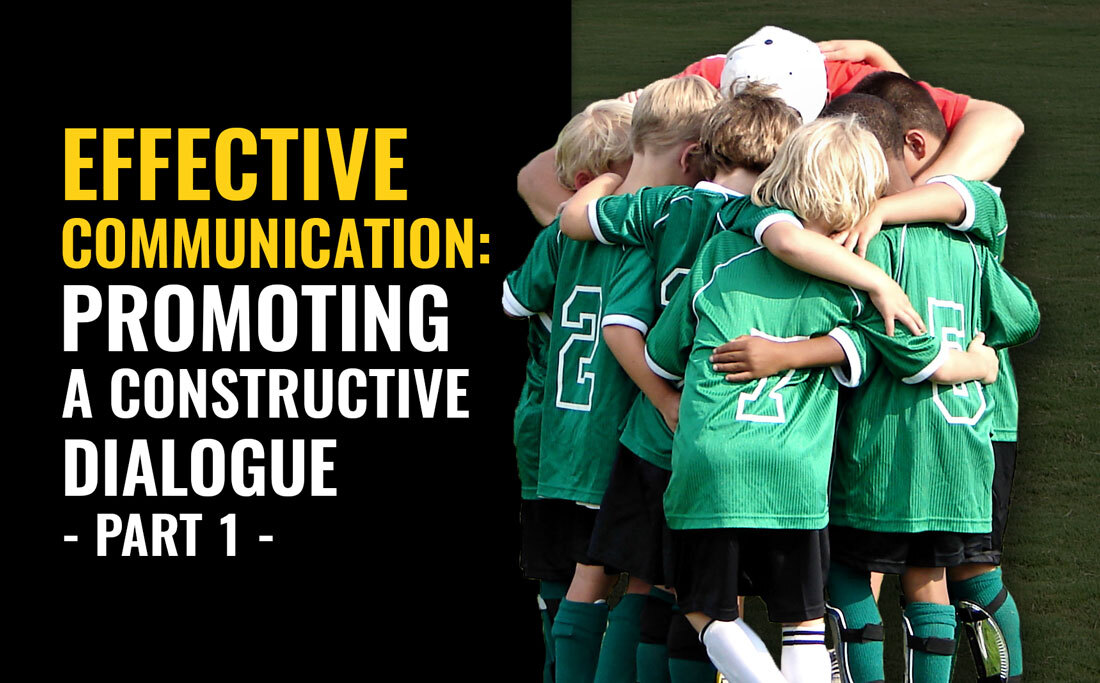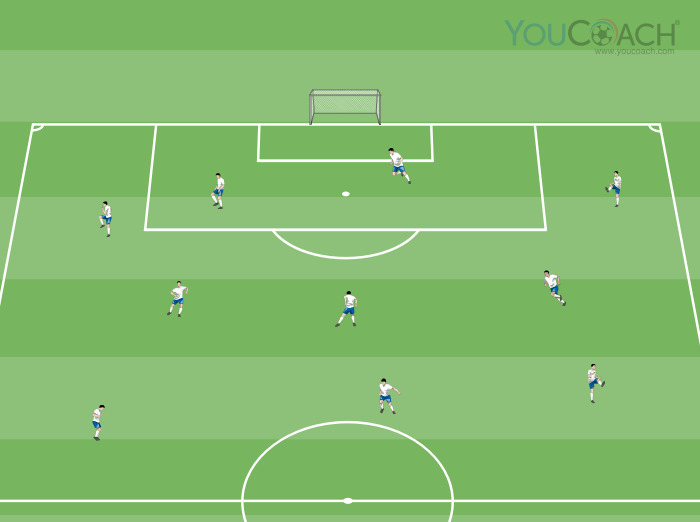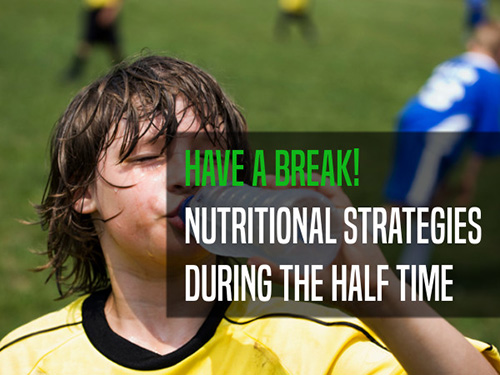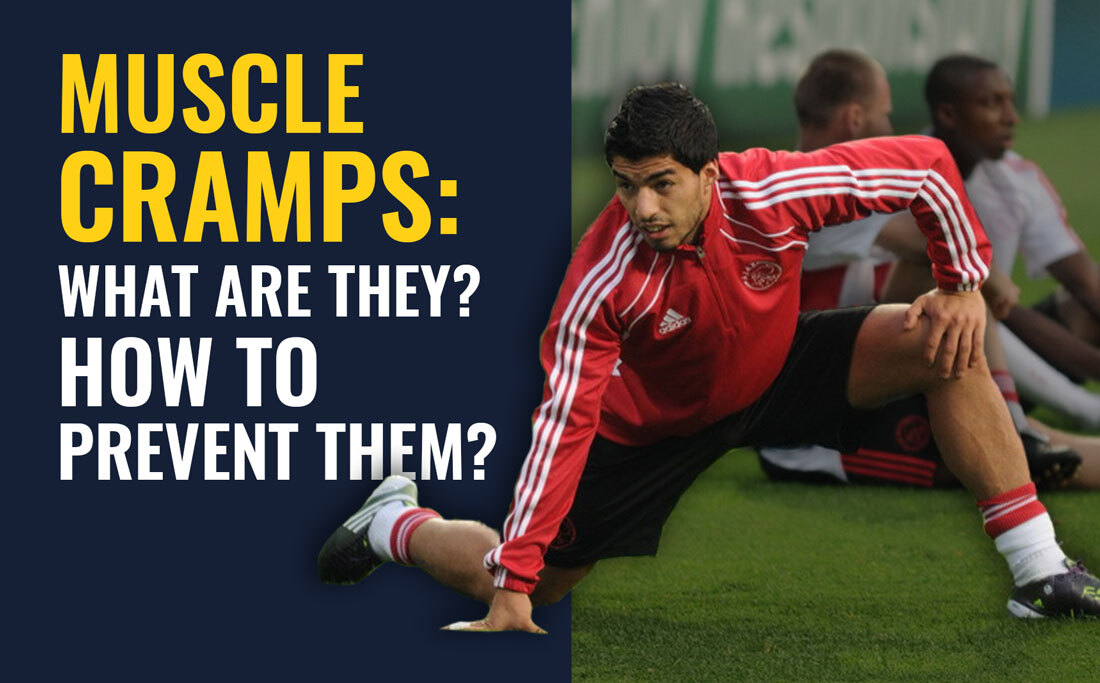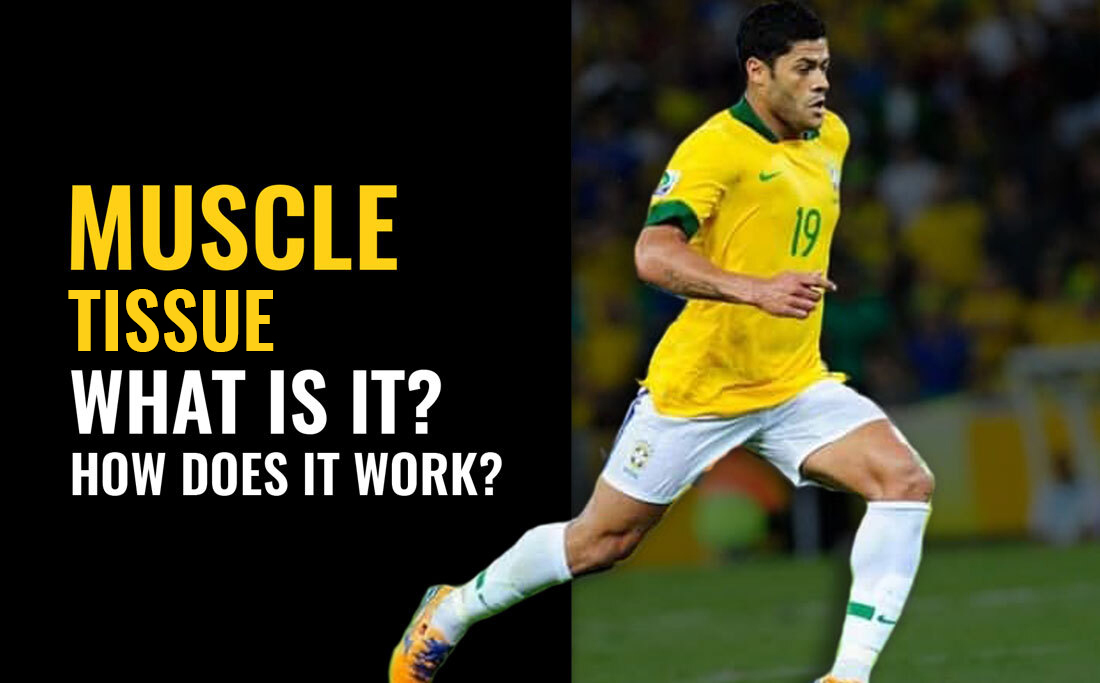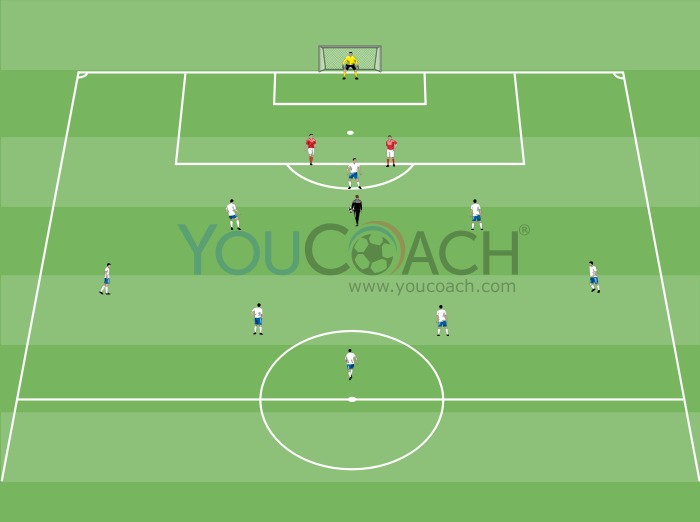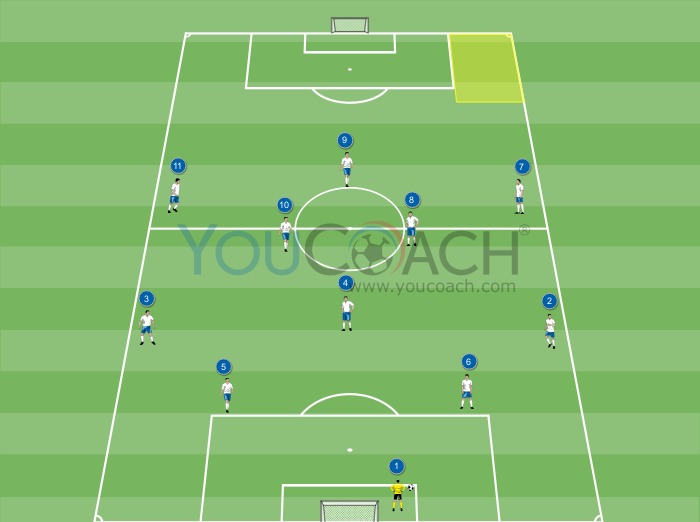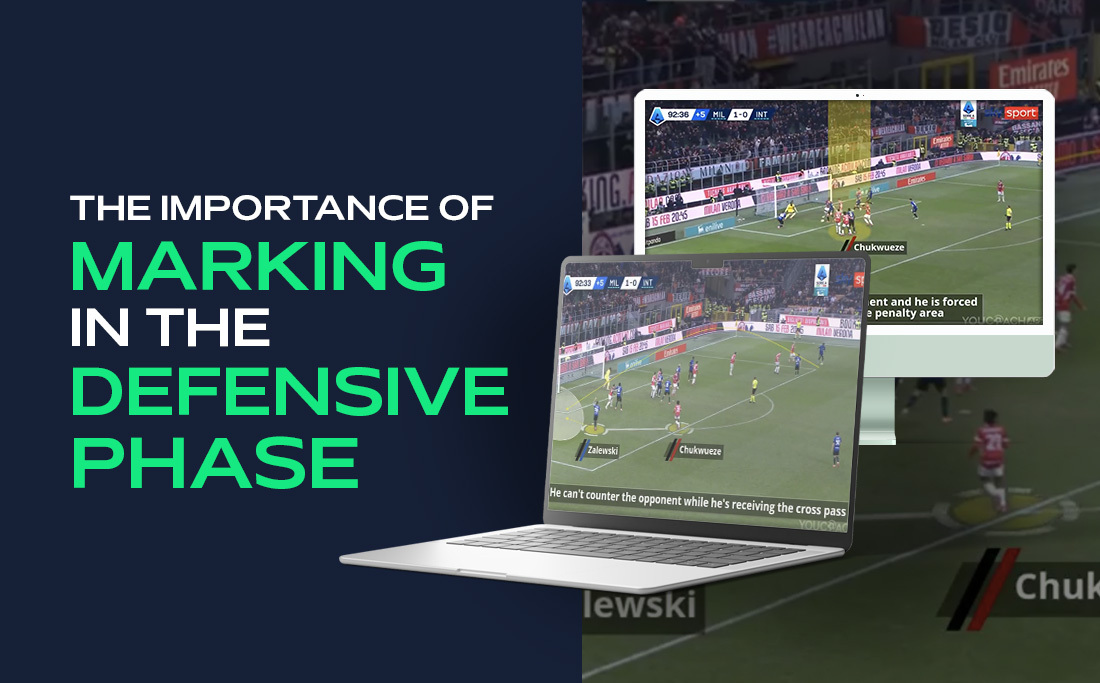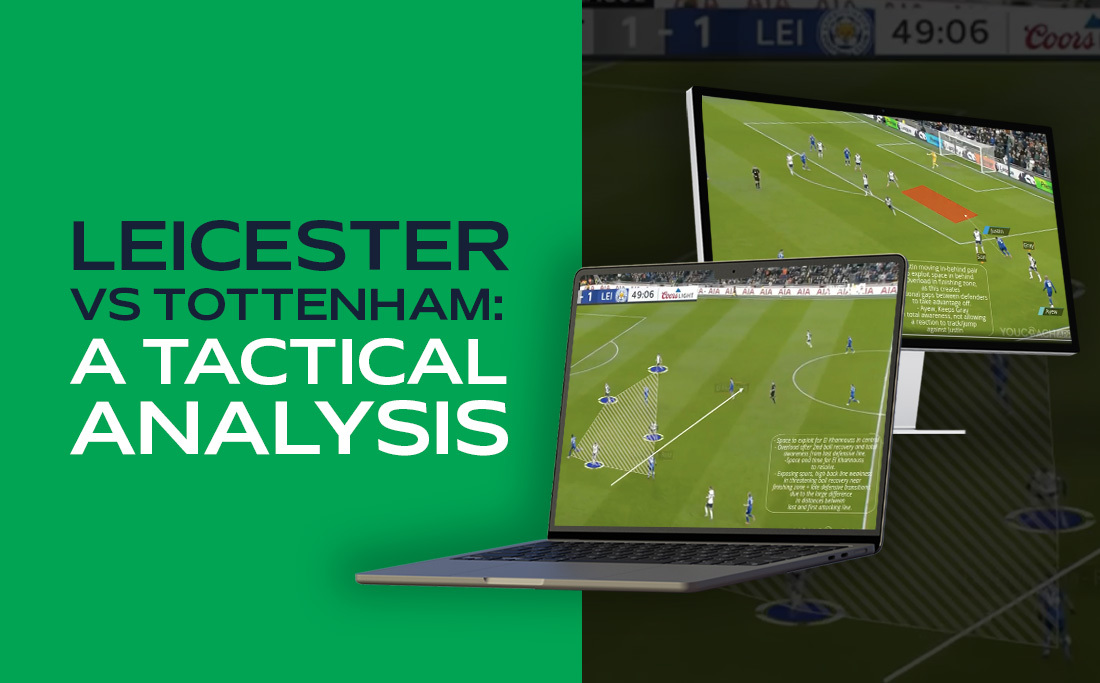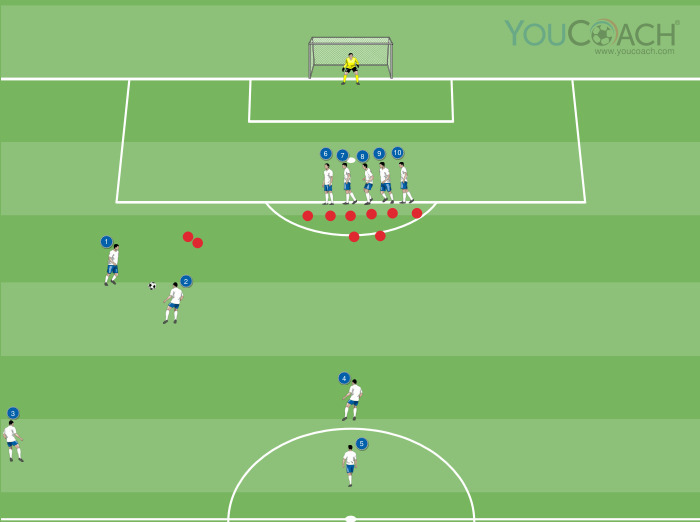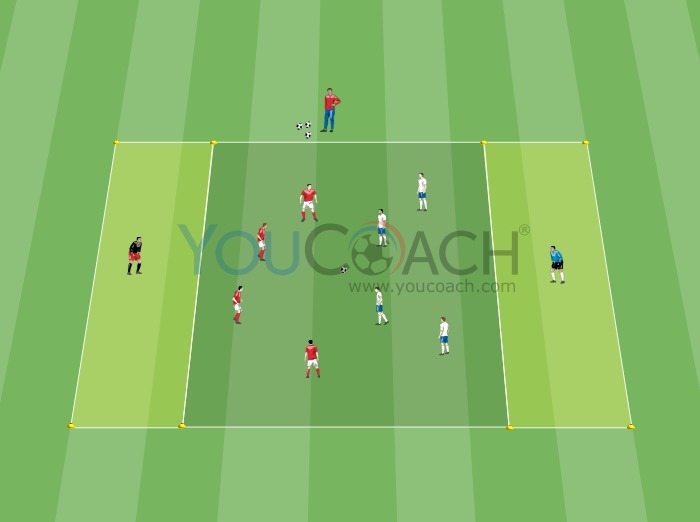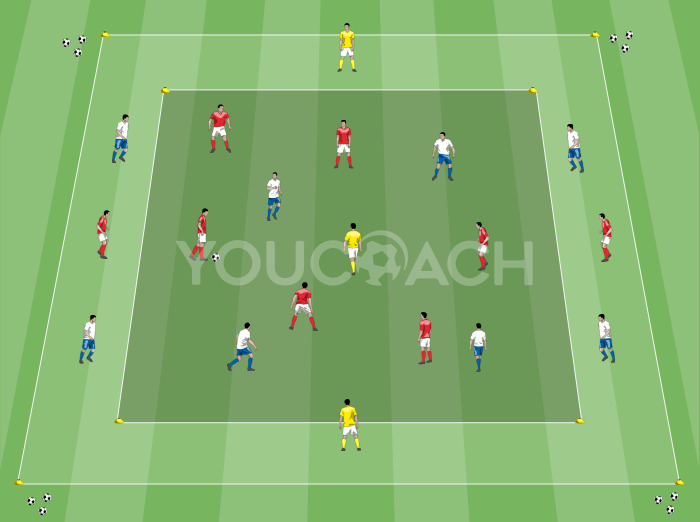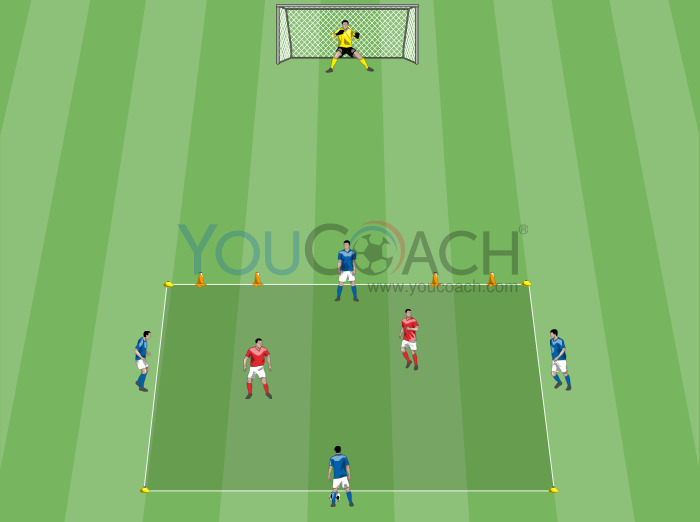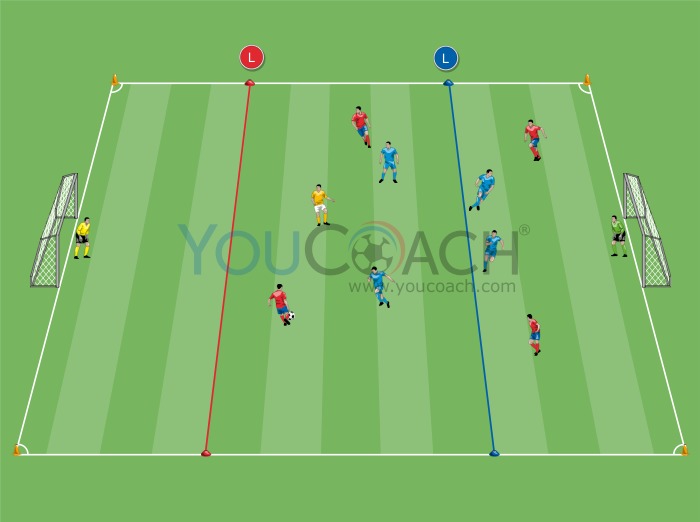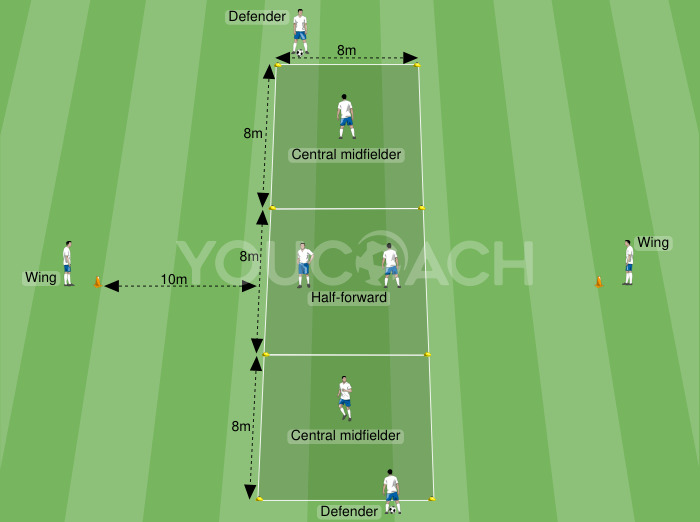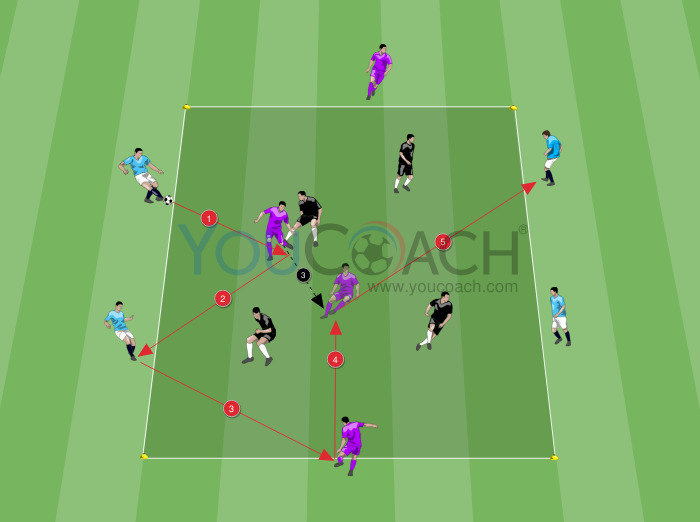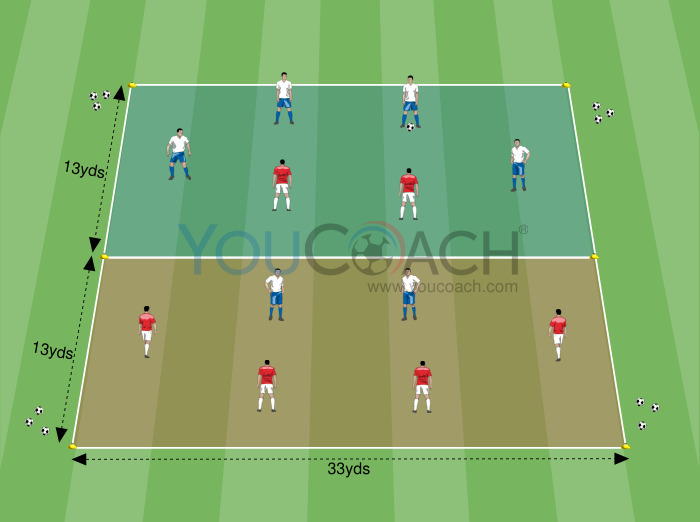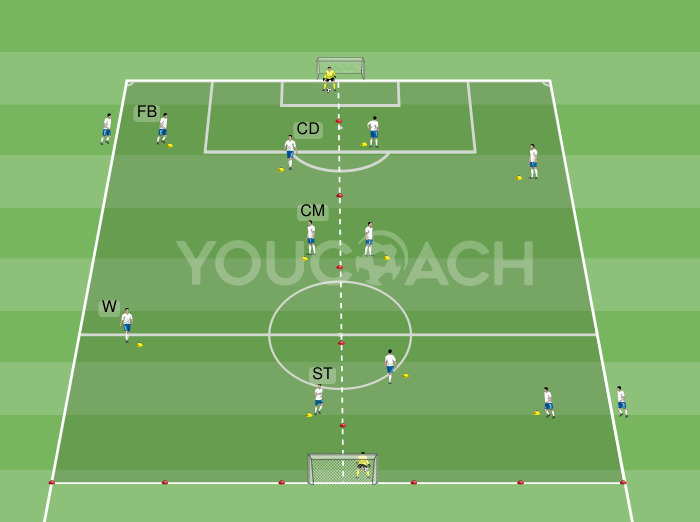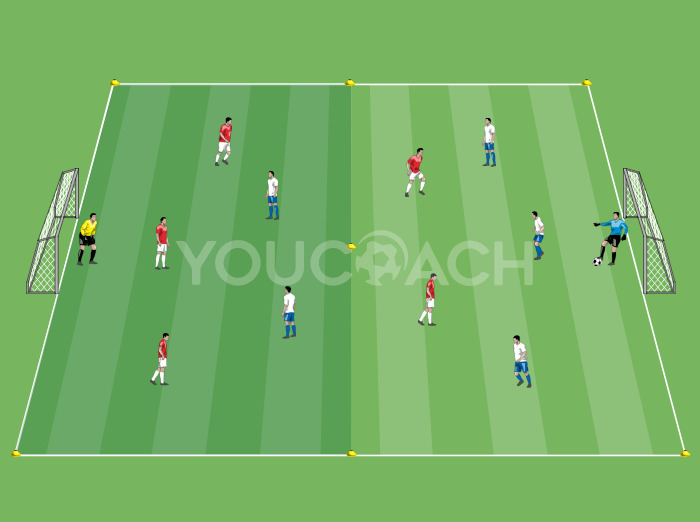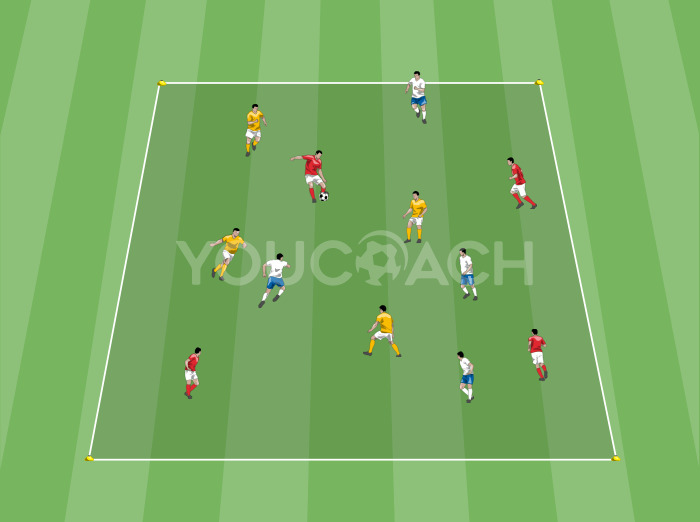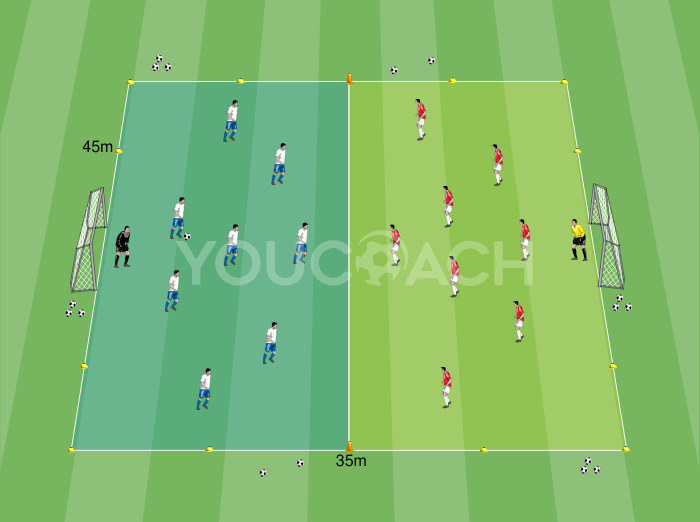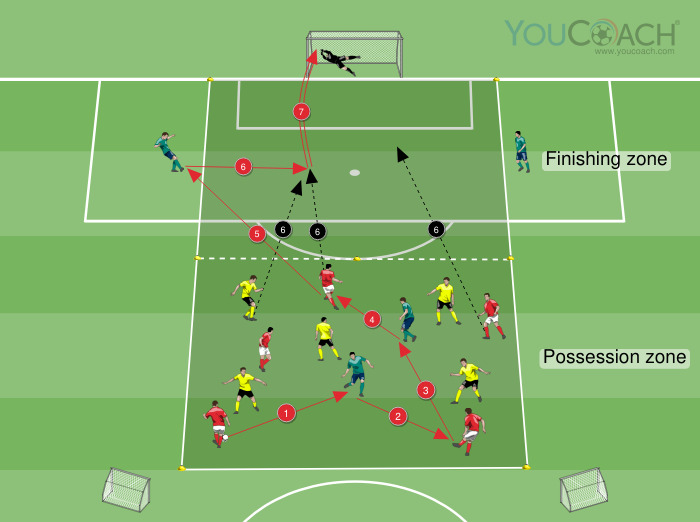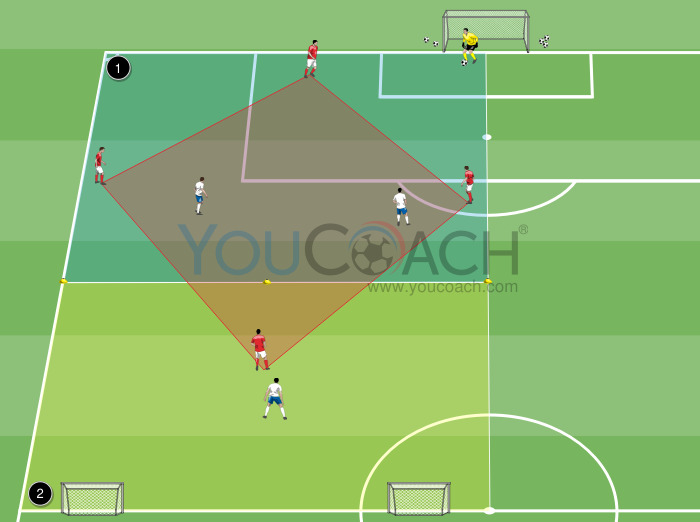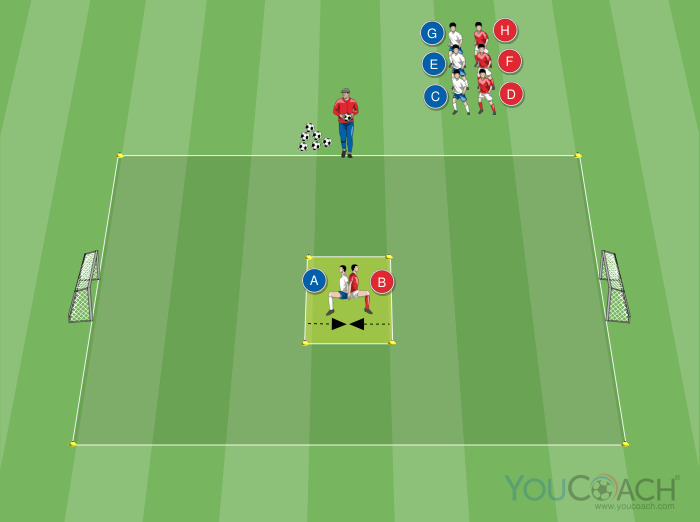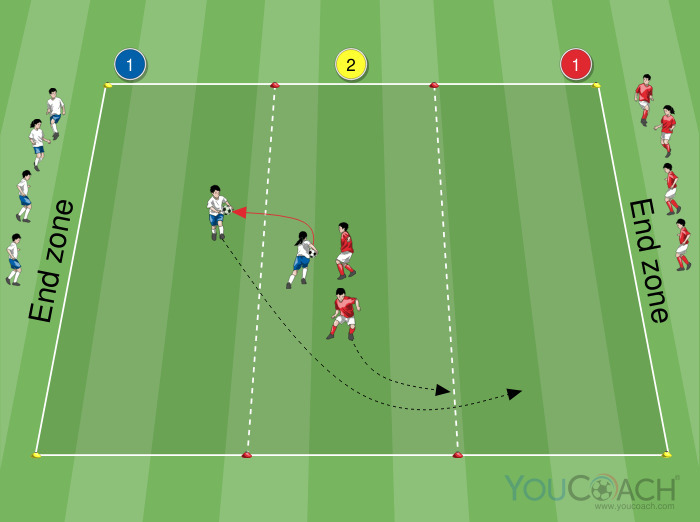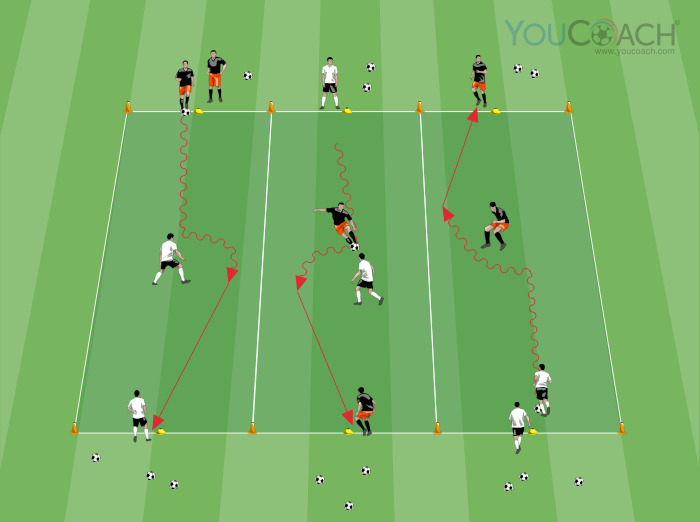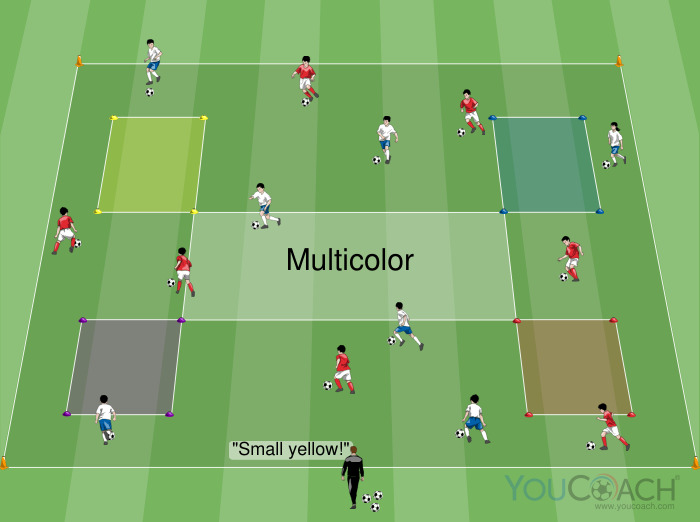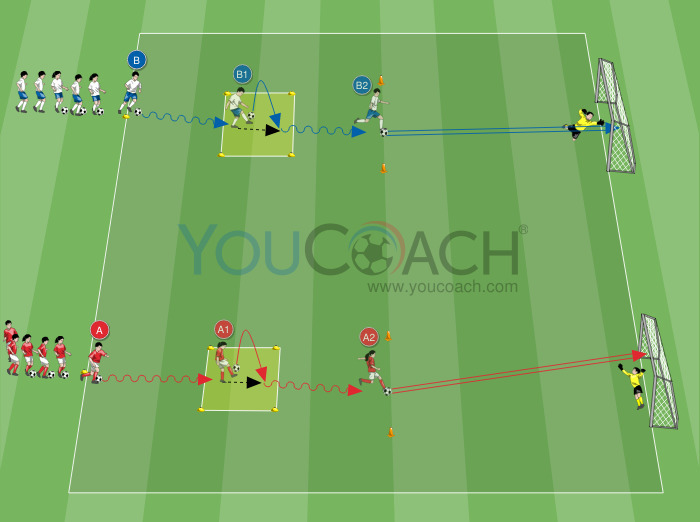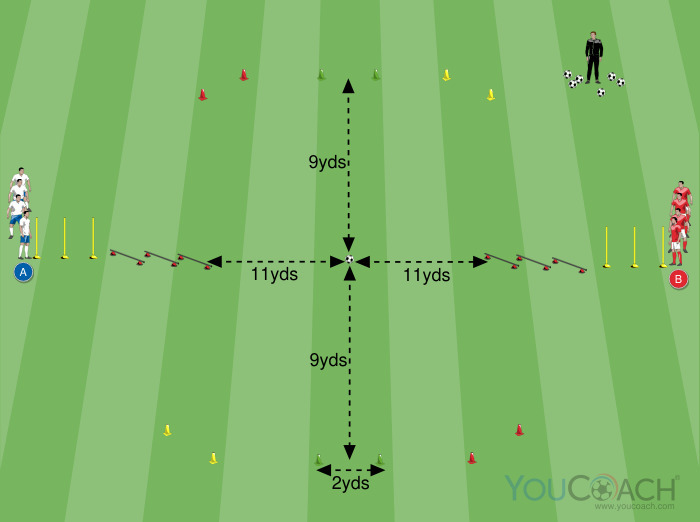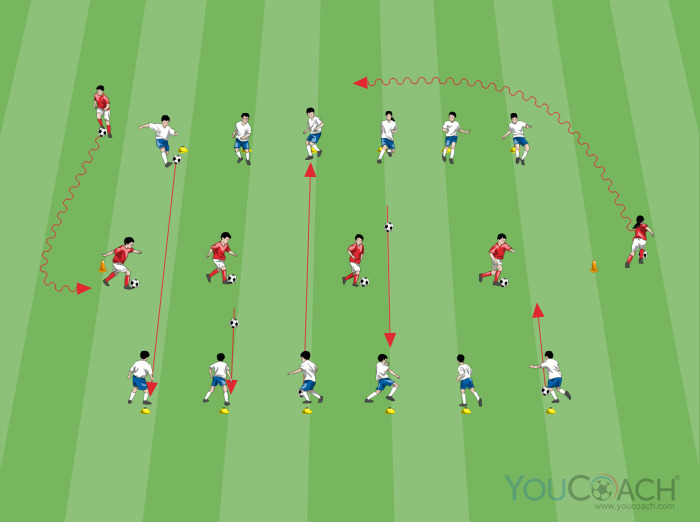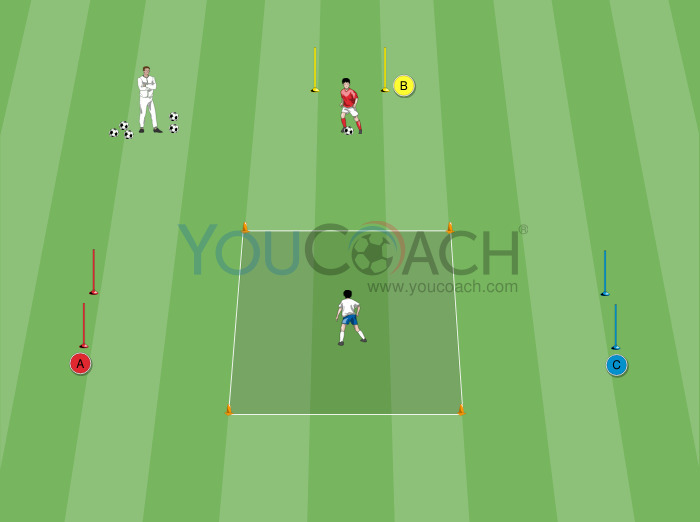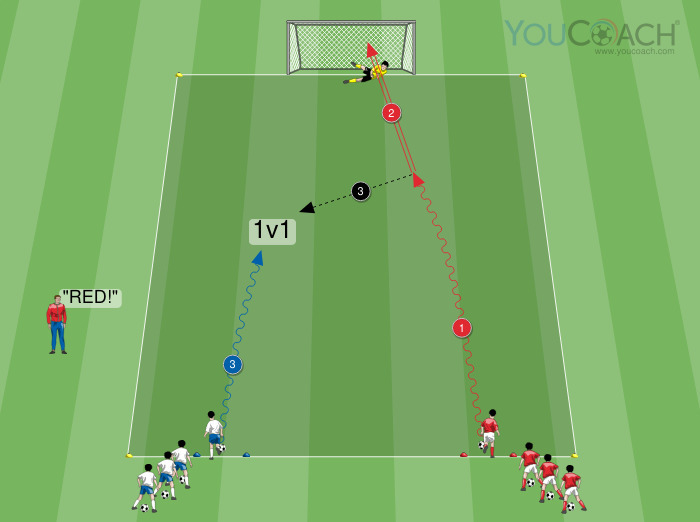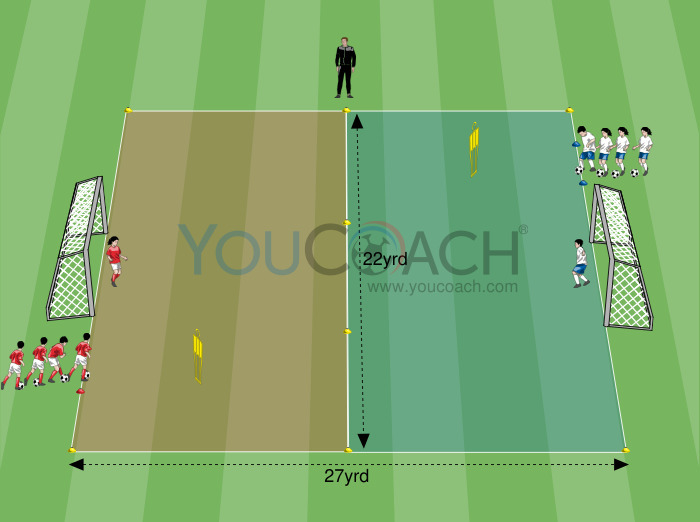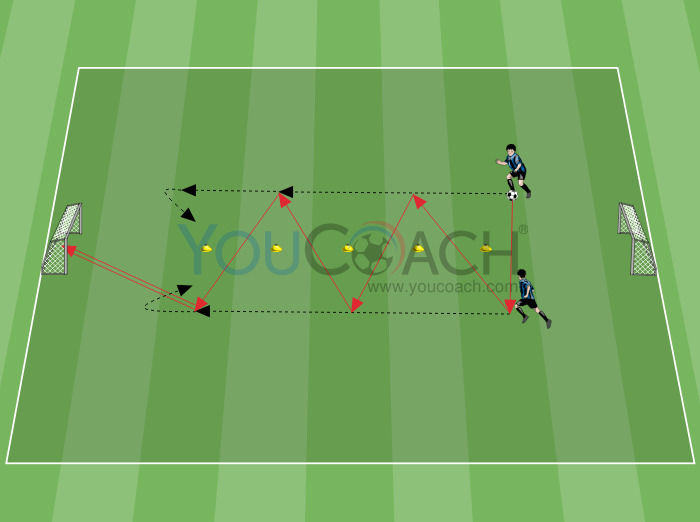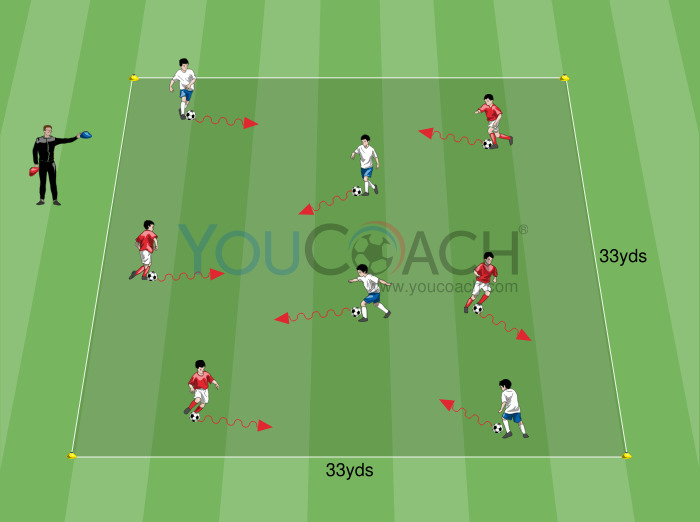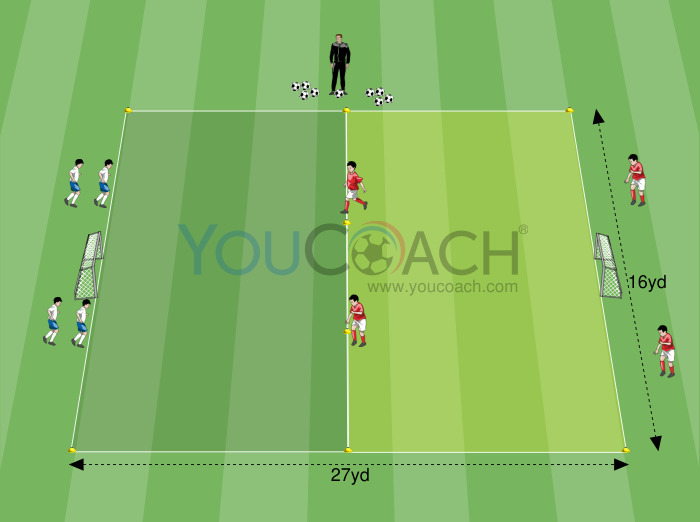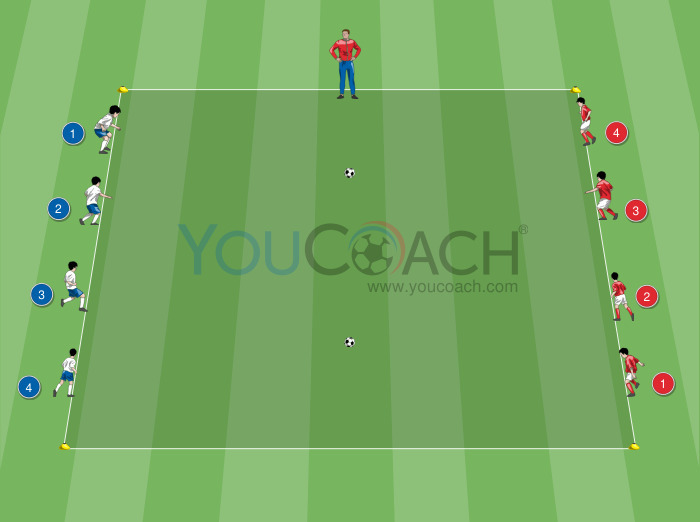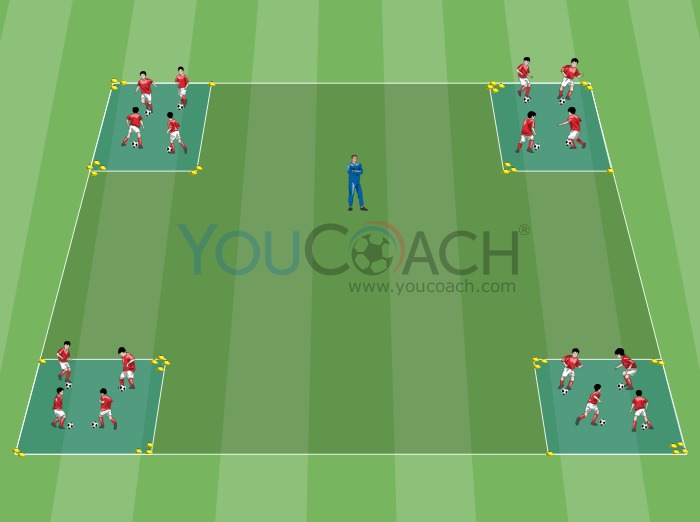Locus of control: Use success and failure to obtain benefits
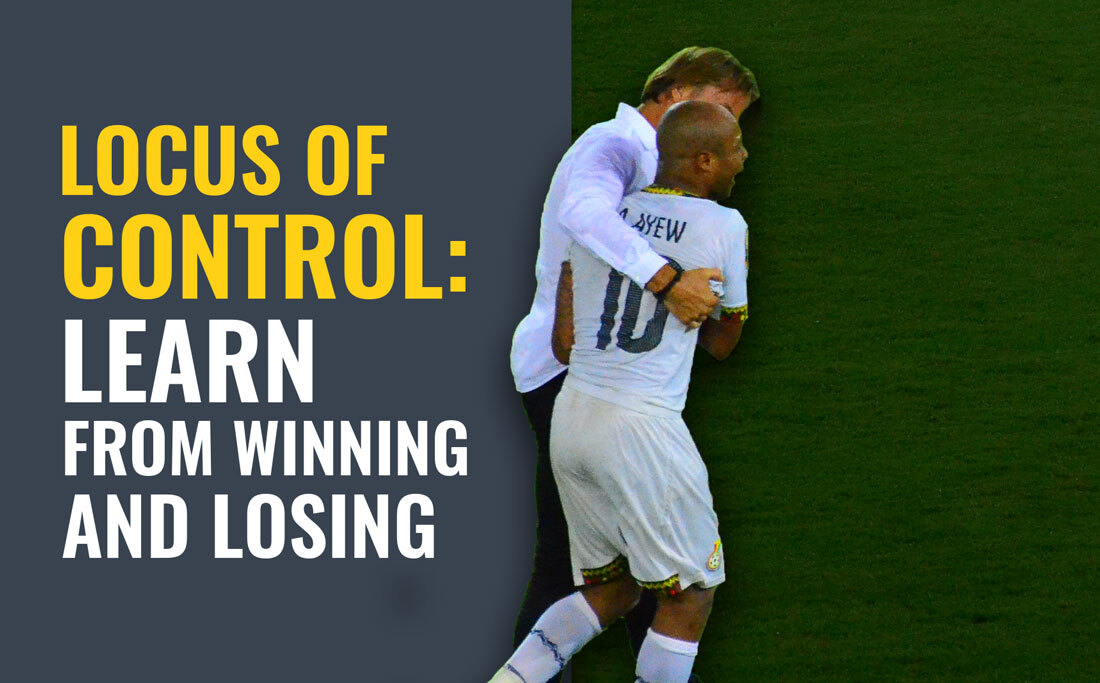
|
Benefit from player's subjective perception of the outcome's cause |
In soccer people face success and failure, victories and defeats. In my career as a soccer professional I found out that there's a deficit in players' recognition of the responsibility of success and failure. Many soccer players center self-esteem on their results. This is a problem that leads to many weak players, or athletes that constantly suffer from their setbacks, and this suffering makes it difficult for them to become professional athletes.
With locus of control we are talking about a player's subjective perception about the cause of a result, that is, to which cause they attribute that success or failure. It's important to educate since childhood to develop a mindset that creates a realistic locus of control.
Usually, the question is: how can I teach it? I'll try to answer offering you a perspective that goes deeper than just optimistic thoughts and positivity, so trendy nowadays.
The most important aspect which promotes a soccer locus of control that supports a strong mindset and resiliency is teaching kids to learn the process action → result. An action leads to a result; kids between the age of 6 and 8 should understand that actions are the aspect they can control (best or worst) and that depends on them, while results are what happens as a consequence.
Later on, with kids between the age of 9 and 12, this aspect should be investigated more, in particular which factors can intervene in soccer.
( My own action + Teammates/Opponents action + playground + ball + referee + weather conditions ) → Result
This is the most difficult chain to understand because it involves many aspects that increase or decrease the possibility of failure/success. It's important that at least preteens know this process: they can start to understand that errors are normal and they occur when different factors combine. We cannot have older players that don't accept failure and get frustrated if they make a mistake, when even sports champions can fail sometimes.
With players that are 13 and older we need to teach this process' critical analysis. This is exactly where a player can develop an effective locus of control. The player will learn how to judge if an action is correctly developing (in this case, all they need is repetition) or if it's not (in this case, they should be modified).
 This process consists of an analysis of the result questioning whether it's the outcome of a player's action or of external factors. Let's see two examples:
This process consists of an analysis of the result questioning whether it's the outcome of a player's action or of external factors. Let's see two examples:
- A forward that is on the edge of the box performs a beautiful technical kick that goes right towards the corner of the net, but it's a windy day and the ball goes out.
The result is a failure, but a critical analysis reveals that technical performance and decision making were on point, and for this reason there should not be frustration, nor guilt. The player should train that ability in order to repeat the same kick in other circumstances. If the coach promotes a sense of control on the action, the player will become more confident. The fact that the wind is out of a player's control won't create frustration, in this case locus of control is external and out of our control.
- Let's imagine that same player performing a poor quality kick using the tip of the shoe and throwing the ball in the wrong direction, but the ball hits the leg of an opponent and goes into the goal.
The result is obviously successful and the player enjoys it, but a critical analysis will show that the player should improve their kicking ability and keep on training, because with different circumstances, they won't score a goal. Locus of control is external. What should be pursued is success linked to our actions (internal locus of control) and mistakes due to external factors (external locus of control).
If you read my previous article, you know that thanks to an analysis of the responsibility of a success or a failure, a player creates a locus of control that "immunizes" from mood swings due to actions' results; this gives players a positive, useful and lasting motivation.
Our perception of results' causes often creates negative thoughts, tension and a low performance until we perform a successful action, which can happen after 1 minute or 45. The most useful thing is to not feel dependent on our actions' results.
Oscar Bueno Abad - Sports and Performance Psychologist, Coach
Photo Credit: RAI1_6562, Ben Sutherland https://www.flickr.com/photos/bensutherland/16512029881


